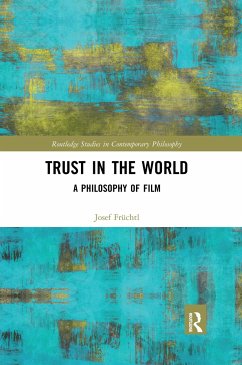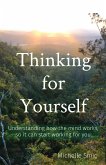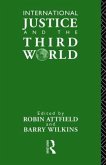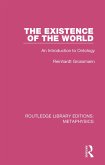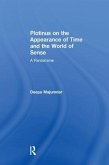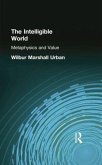This book examines the theory, originally raised in Gilles Deleuze's philosophy of film, that cinema has the power to restore our trust in the world. Früchtl demonstrates that cinema does this in three main ways: by restoring our belief in the absurd, in the body and in a sceptical abstention from judging and acting. Cinema shares this ability with other arts, but what sets it apart in particular is that it evokes Modernity and its principle of subjectivity. This book further develops the idea of trust and cinema by synthesizing the philosophies of complementary thinkers such as Kant, Nancy, Agamben, Benjamin and Rancière. It concludes with examination of Cavell's solution to the problem of scepticism and a synthesis of Kantian aesthetic theory with Cavellian pragmatism. Originally published in German under the title Vertrauen in die Welt, this English-language translation features a new introduction that situates Früchtl's work within contemporary analytical philosophy of film. It will be of interest to scholars working in Continental aesthetics, philosophy of film, and film theory.
Hinweis: Dieser Artikel kann nur an eine deutsche Lieferadresse ausgeliefert werden.
Hinweis: Dieser Artikel kann nur an eine deutsche Lieferadresse ausgeliefert werden.

